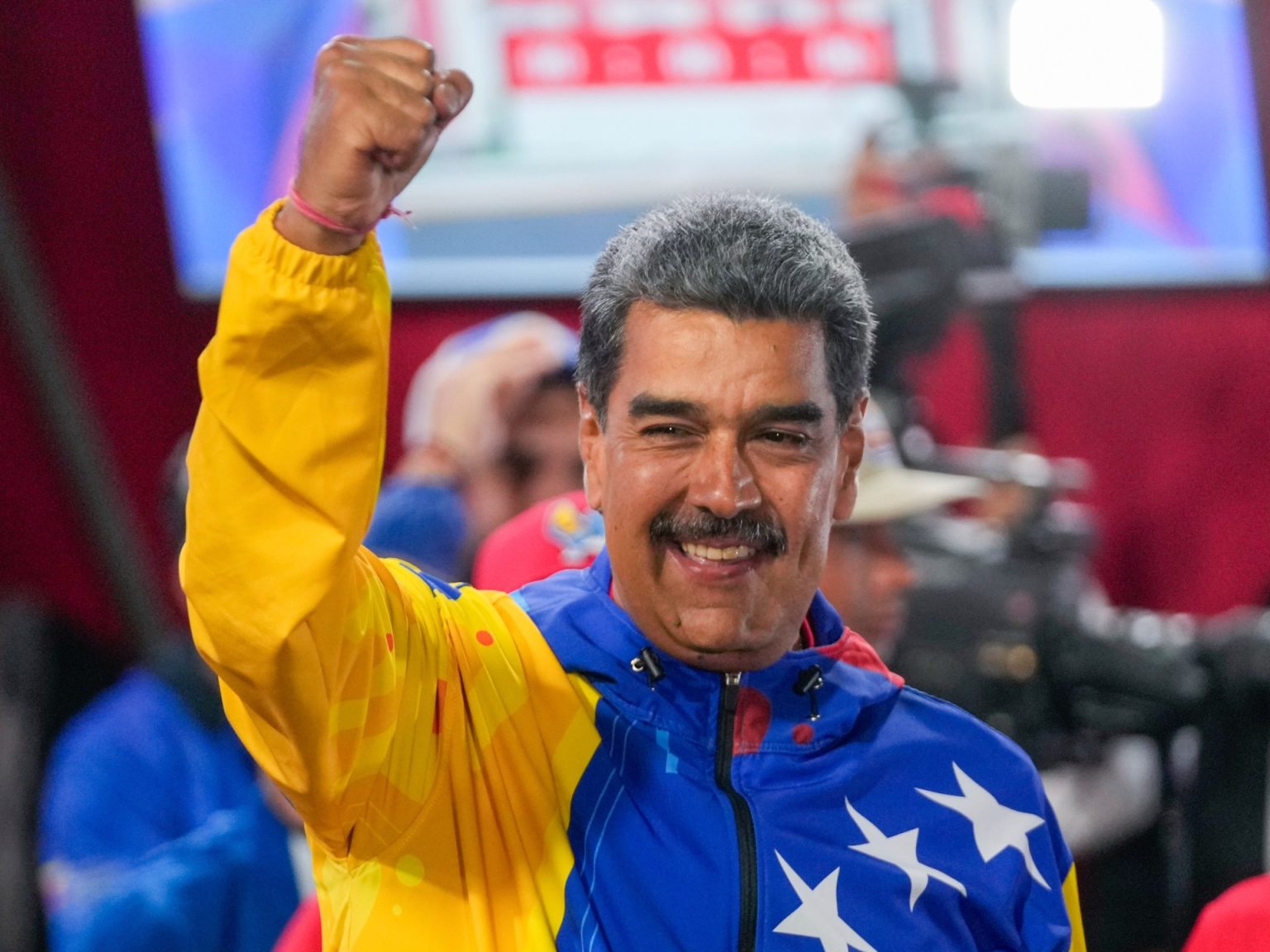Venezuela President Nicolas Maduro recently secured his third term in office following a highly disputed election. The legitimacy of the election was questioned by many foreign governments and international organizations, with allegations of voter intimidation, irregularities, and lack of transparency. Despite these concerns, Maduro was declared the winner with over 67% of the vote, while his main rival, Henri Falcon, received around 21%. The opposition and many countries, including the United States, have refused to recognize the results, calling for new elections and accusing Maduro of electoral fraud.
The election took place against a backdrop of economic turmoil and social unrest in Venezuela. The country has been facing a severe economic crisis, marked by hyperinflation, food and medicine shortages, and a crumbling infrastructure. The growing discontent with Maduro’s government has led to widespread protests and opposition from various sectors of society. Many Venezuelans blame Maduro for the country’s dire situation, accusing him of mismanagement, corruption, and authoritarianism.
Maduro’s victory in the election has sparked further protests and international condemnation. The European Union and several Latin American countries have also expressed concerns about the electoral process and called for a new, transparent election. The United States, which has been a vocal critic of Maduro’s government, has imposed sanctions on Venezuela and its officials, and has called for tougher measures to pressure the regime. The opposition, led by Juan Guaido, has called for international support in their efforts to restore democracy and end Maduro’s rule.
Despite the controversy surrounding the election, Maduro has vowed to continue his socialist policies and strengthen his grip on power. He has dismissed the criticism as a conspiracy by foreign powers to undermine Venezuela’s sovereignty and has accused the opposition of trying to stage a coup. Maduro has also reached out to countries like Russia and China for support, while seeking to strengthen ties with other allies in Latin America and the Caribbean. The situation in Venezuela remains tense, with the threat of further unrest and political instability looming over the country.
The ongoing crisis in Venezuela has had far-reaching implications for the region and beyond. The influx of Venezuelan refugees has put a strain on neighboring countries, leading to concerns about social and economic instability. The international community is closely monitoring the situation and has called for a peaceful resolution to the crisis through dialogue and diplomacy. The crisis in Venezuela serves as a stark reminder of the challenges facing democracy and governance in the region, and the need for a concerted effort to address the root causes of the crisis and promote democratic values and human rights.
In conclusion, the disputed election in Venezuela has further deepened the political and economic crisis in the country, with President Maduro’s controversial victory facing widespread rejection and condemnation. The international community is closely monitoring the situation and calling for new, transparent elections to address the legitimacy concerns. The crisis in Venezuela highlights the challenges facing democracy and governance in the region, as well as the urgent need for a peaceful resolution to the crisis through dialogue and diplomacy. The future of Venezuela remains uncertain, with the threat of further unrest and instability looming over the country.


